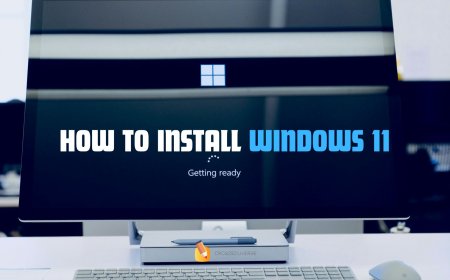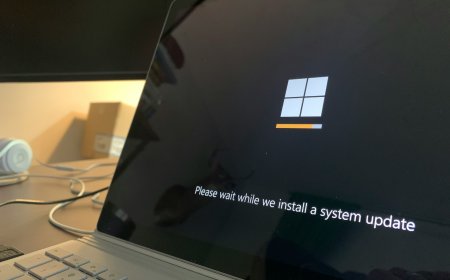Proxy vs VPN: Key Differences, Uses, Pros & Cons (2025 Guide)
Confused about Proxy vs VPN? In this Amos Peter Blogs (croszeduverse) guide, we explain how each works, their differences, pros & cons, speed and security trade-offs, ISP visibility, encryption, and use cases like scraping, streaming, remote work, and privacy. Learn which one you should use in 2025 for maximum security and efficiency.
1. Table of Contents
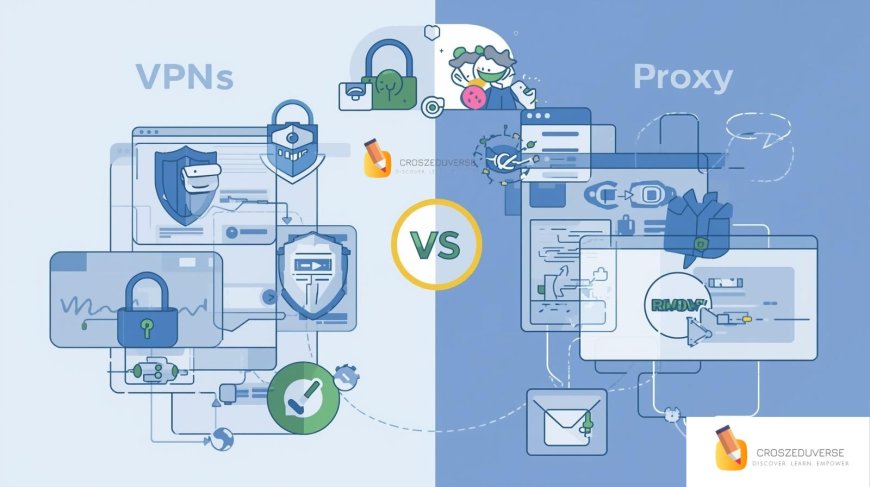
-
How proxies and VPNs work (plain English)
-
Head-to-head comparison table
-
When to choose a proxy vs a VPN
-
Types of proxies (HTTP/HTTPS/SOCKS) in 90 seconds
-
Performance, logging, and legal considerations
-
Quick setup checklists
-
FAQs
-
Bottom line
TL;DR
-
Both hide your IP, but VPNs encrypt all device traffic through a secure tunnel; proxies forward selected app traffic (often without encryption).
-
Use a VPN for privacy on public Wi-Fi, remote work, streaming across regions, and to stop ISP snooping on content. Use a proxy for lightweight IP rotation, geo-testing, scraping, or per-app routing.
-
ISPs can see you’re using a VPN and the VPN server IP, not your visited sites or content.
-
HTTP/HTTPS/SOCKS proxies differ: HTTPS proxies rely on TLS for security; SOCKS5 itself doesn’t encrypt unless paired with another secure protocol.
2. How They Work (Without the Jargon)
Proxy (per-app forwarder)
You point one app (say, a browser or scraper) to a proxy. The proxy fetches the page and returns it, so websites see the proxy’s IP, not yours. Unless it’s an HTTPS proxy (TLS) or the destination site is HTTPS, traffic may be readable at the proxy.
VPN (device-wide tunnel)
You run a VPN app. It creates an encrypted tunnel for all your device’s traffic to a VPN server, then the traffic exits to the final site. Sites see the VPN server IP; your ISP sees only encrypted VPN traffic, not your destination.
3. Proxy vs VPN — Comparison Table
| Feature | Proxy | VPN |
|---|---|---|
| Scope | Per app (browser, bot, scraper) | Whole device (all apps) |
| Encryption | Usually none (depends on HTTPS or app-level TLS); SOCKS5 itself is not encrypted | Built-in, device-wide encryption (e.g., OpenVPN, WireGuard) |
| ISP visibility | ISP sees your normal traffic (unless HTTPS hides content) | ISP sees you connected to a VPN server, not your sites/content |
| IP masking | Yes (the site sees proxy’s IP) | Yes (the site sees VPN server’s IP) |
| Speed | Often faster (no encryption), but quality varies by provider/congestion | Slight overhead due to encryption; modern protocols minimize this |
| Typical uses | Scraping, ad-verification, SEO geo-checks, price monitoring, region testing | Public Wi-Fi safety, remote work access, streaming across regions, censorship evasion (where legal) |
| Setup | Configure inside each app | One app; applies system-wide |
| Logging risk | Varies by provider type and policy | Varies by provider; “no-logs” policies matter |
Sources: Electronic Frontier Foundation (VPN basics), AWS (proxy vs VPN overview), Kaspersky/Fortinet (scope & encryption differences), CircleID (ISP visibility)
4. When to Choose Which
Pick a VPN if you need:
-
Privacy + security everywhere (public Wi-Fi, travel, blocking ISP/content snooping).
-
Remote access to a company network.
-
Streaming from other regions (note: some services/hosts actively block known VPN IPs).
Pick a Proxy if you need:
-
Mass IP rotation (residential/datacenter/mobile) for scraping, SEO testing, ad verification, and geo checks.
-
Per-app routing where you don’t want full device tunneling
5. Proxy Types (90-Second Primer)
-
HTTP proxy: For web traffic; no encryption by itself—security relies on visiting HTTPS sites.
-
HTTPS (SSL) proxy: Adds TLS so browser↔proxy is encrypted; still per-app.
-
SOCKS5 proxy: Protocol-agnostic, great for diverse traffic (P2P, streaming, scraping); no native encryption (pair with TLS/SSH/VPN).
6. Performance, Logging & Legal Notes
-
Speed: Proxies may be snappier because they often skip encryption, but quality varies; VPNs add overhead, though modern protocols (like WireGuard/OpenVPN) are efficient.
-
ISP visibility: With a VPN, your ISP can see you’re on a VPN and the server IP, not your specific sites or content.
-
Logs: Both proxies and VPNs depend on provider policy. Favor transparent providers with independent audits/no-logs claims (evaluate critically).
-
Geo-blocking & compliance: Sites/CDNs may block VPN/proxy IP ranges; always follow local laws and platform terms.
7. Quick Setup Checklists
Secure VPN Setup (5 steps)
-
Choose a reputable provider (look for modern protocols, clear no-logs policy).
-
Install the app on your device(s).
-
Enable kill switch + DNS leak protection in settings.
-
Pick a nearby server for speed; change regions only when needed.
-
Test: visit an IP-check site and run a speed test before/after.
Smart Proxy Setup (5 steps)
-
Pick a provider that matches your task (residential for higher trust, datacenter for speed/cost).
-
Get the correct proxy type (HTTP/HTTPS/SOCKS5) and auth method.
-
Configure inside the target app/tool only.
-
Rotate IPs as needed; respect robots.txt and site terms.
-
Test geolocation and success rates; monitor error codes (403, 429).
8. FAQs
Is a VPN just a “better proxy”?
Different tools for different jobs. VPNs encrypt device-wide traffic; proxies reroute specific app traffic and are ideal for IP diversity/rotation.
Do proxies encrypt my traffic?
Not by default. HTTPS proxies encrypt the browser↔proxy hop; SOCKS5 doesn’t encrypt unless paired with TLS/SSH/VPN. Always prefer HTTPS destinations.
Can my ISP see what I do on a VPN?
They can see you’re connected to a VPN server, not your content or specific sites.
Which is faster—proxy or VPN?
Often a proxy (no encryption overhead), but quality/provider and congestion matter. VPNs can be close with modern protocols. Test your own workflow.
Are VPNs legal?
Generally yes, but restricted in some countries; always check local laws
9. Bottom Line (Practical Decision)
-
Choose a VPN for: day-to-day privacy, public Wi-Fi, remote access, secure all-apps protection.
-
Choose a Proxy for: large-scale IP rotation, scraping, localized QA/testing, per-app routing
What's Your Reaction?







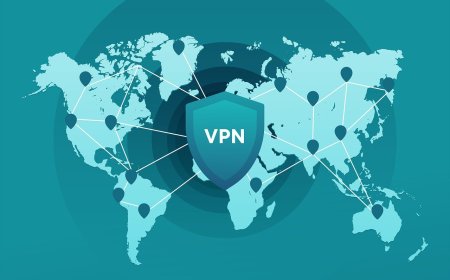
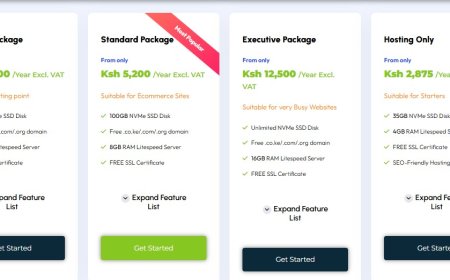

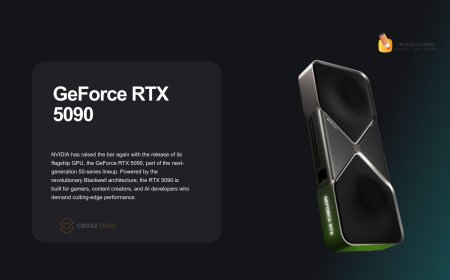








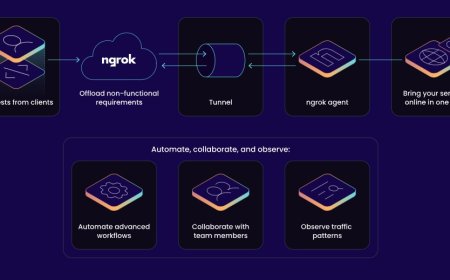





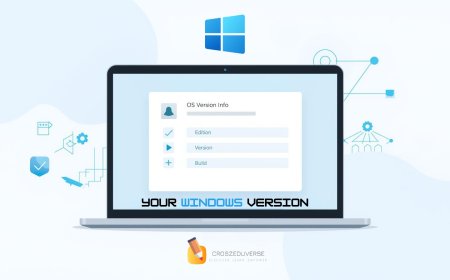
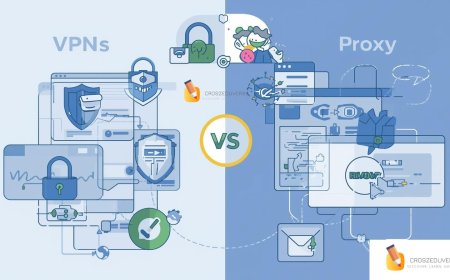
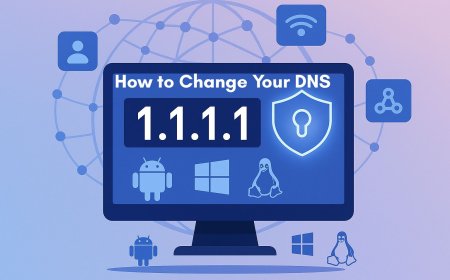
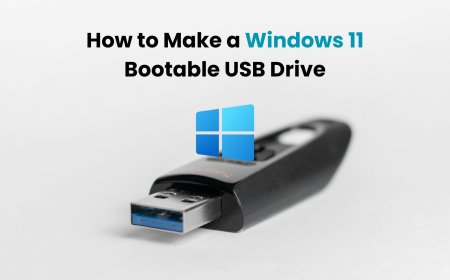
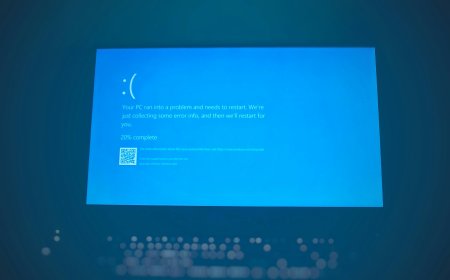
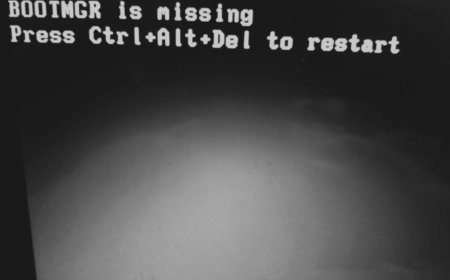



![2024 Social Media Image Sizes for All Networks [CHEATSHEET]](https://blogs.amospeter.co.ke/uploads/images/202406/image_430x256_666ad3fcd2380.jpg)
